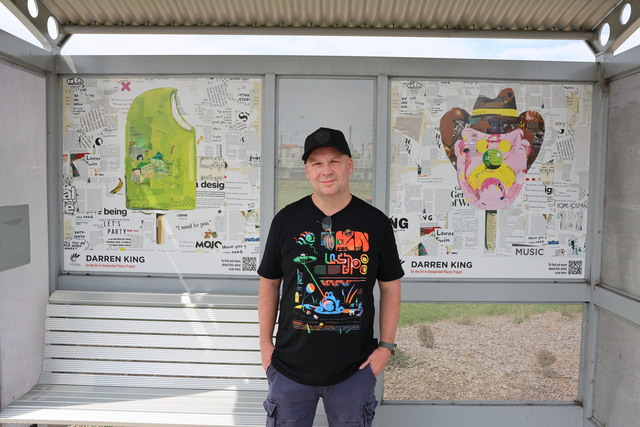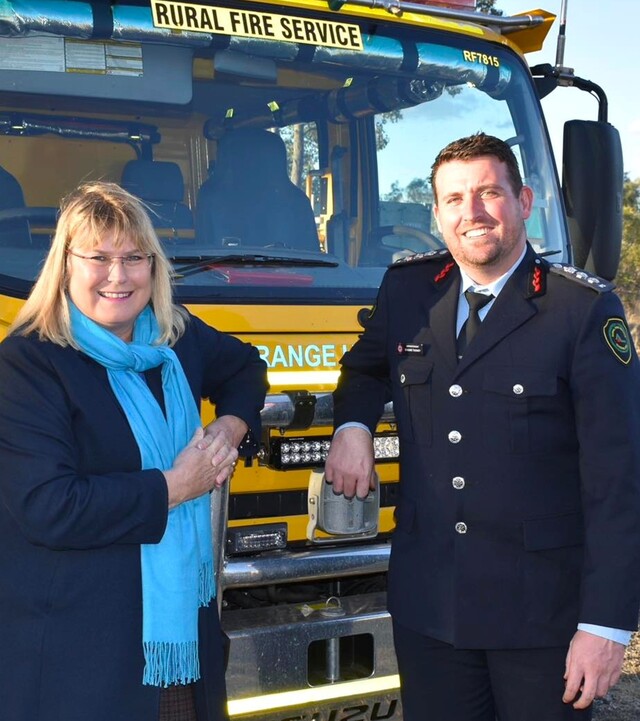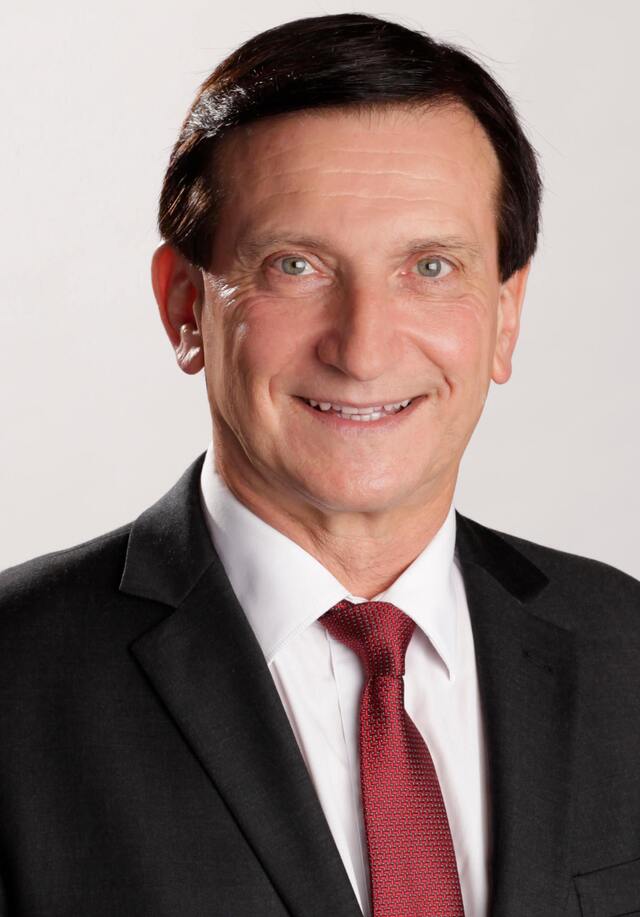In the ebb and tide of international politics, G20 meetings are not memorable.
But the Brisbane meeting should be.
There was the image of Putin dining under a broiling tent with only the waitress for company.
And there was the undeniable rapport between Obama and Xi over their Climate Change agreement.
It breathed life into the issue.
There were signs too that European leaders now see economic engagement with the Asian economies as a necessity, not just a priority.
Also apparent was the hard work that Abbott, Hockey, Bishop and their band of officials put into friendly relations with the other world leaders in the lead-up to the big event.
And the camaraderie among most of the leaders appeared genuine.
Is there an Australian optimism and can-do attitude that could be marketed for international conferences and events in the future?
The Sydney Olympics is of course the best example.
The only lowlights in my opinion were Tony Abbott talking about the $7 doctor co-payment, a truly bizarre moment, and the lack of specific initiatives to drive the investment and trade agendas.
The Sydney Global Infrastructure Hub was the only substantial project that emerged, and that was only due to intense lobbying by Joe Hockey and the Australian business group (B20) including Thodey (Telstra), Moore (Macquarie Bank) and Millner (B20 Sherpa).
They reportedly sought favours from the UK and the US and collectively overcame concerns about setting a precedent for future G20s, that Sydney is too far away, that it duplicates the OECD and World Bank etc.
LG opportunities
The bottom line is that the Infrastructure Hub must have practical outcomes.
If it concentrates on policy analysis of public-private partnerships, infrastructure prioritisation etc. it will duplicate the international development agencies.
And if the Hub concentrates on urban infrastructure and telecoms (fields that Telstra, Macquarie Bank, Wesfarmers etc. would naturally favour) it will be seen as parochial and the plaything of corporate Australia.
In my view, Hub’s focus must be on actual projects to address major global infrastructure problems.
This would reinforce the can-do philosophy of the Brisbane G20.
And this is where local government fits in.
Stay with me folks and I will explain.
Let’s forget the two percent GDP growth target and related economic jargon.
There are five global infrastructure issues that stick out like the proverbial.
- Water irrigation systems for Africa i.e. the inability of many African states to feed themselves.
Australia has real engineering and management skills in localised water irrigation.
The opportunity might be to link our expertise in the Riverland, Barossa, Sunraysia etc. with that in California, Spain, Korea, Japan etc. and deliver large-scale improvements.
Philanthropists and aid agencies might be the primary source of funding.
Local governments could be local drivers. - Disaster relief and management i.e. our collective inability to deliver timely and appropriate assistance following earthquakes, tsunamis, fires, floods.
Australia is developing credentials in this area e.g., the Disaster Management Centre in Cairns.
The opportunity lies in linking our expertise with that in say Japan, China, New Zealand and the USA, and develop an Asia Pacific model project dealing with one segment such as flood management.
It could be funded by national governments and the insurance sector.
Local governments could play an active role. - Safe coastal sea transport i.e. the regular stories from Asia of large-scale deaths.
This infrastructure includes not only seaworthy boats and ferries, but weather monitoring technologies, training, legal foibles and ticketing systems.
We have world capability in places like Perth, the Gold Coast and Launceston that might be matched with partners in PNG, the Pacific Islands, Indonesia, Bangladesh, The Philippines etc. - Integrated infrastructure systems i.e. the problem of governments funding one type of infrastructure without connecting to other infrastructure or capturing the overall synergies.
Australia probably has no credentials in this space.
The Hub could hunt down best practice players in Europe, and develop a suite of trial projects in smallish communities around the globe. - Solar energy for remote communities at an affordable price i.e. remote communities will never be competitive if their energy bills (and petrol prices) are way above urban areas.
The US and Europeans held a technical edge, now the Chinese have opened the market by reducing the cost of solar panels.
Israel, India, Korea and Japan also have capabilities.
Could communities in Brewarrina, Bourke, Central Darling, outback Queensland, SA and WA somehow be involved?
Projects like the above begin with someone asking the ‘What if’ question and then having the persistence to follow it through.
Could that be you?
In this regard, only last month at the Australia-China state/provincial leaders’ forum in Sydney, Chinese President Xi stressed the importance of local solutions.
His experience in Chinese provinces allowed him to ‘appreciate the importance of local cooperation’.
His comments provide the context for local agencies to add the meat to the rhetorical bones.
Please contact us if you’d like to get involved in the G20 follow-up.
Don’t assume that the Australian Government will be approaching you.
Rod Brown is a Canberra-based consultant and lobbyist specialising in industry/regional development, investment attraction and clusters, and accessing federal grants. He also runs the Cockatoo Network.
Phone: (02) 6231 7261 or 0412 922 559
Email: apdcockatoo@iprimus.com.au
Blog: www.investmentinnovation.wordpress.com (750 articles)







